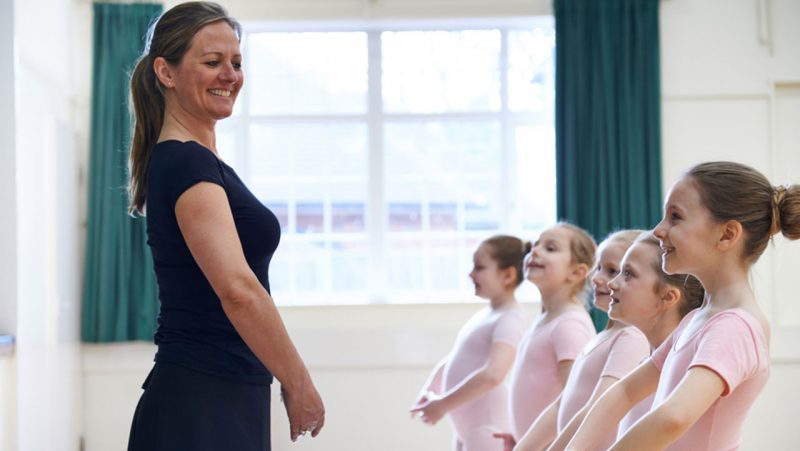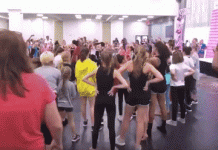
Studio owners, as business owners and educators, it is important to take time to evaluate how every aspect of your studio is running and operating as part of a fabulous and effective whole. This includes evaluating your teachers. However, evaluating teachers is different from evaluating your budget or your lobby decor. Your teachers are people you have to rely on to provide a valuable and rewarding experience for your students, your coworkers, and probably your friends. That means evaluating them is a delicate process.
Right AND Wrong
When you evaluate someone’s performance, you are providing them with a complete picture of how you understand their work ethic and style. That means that you can’t dwell on one thing. The most important thing to remember when giving a well-rounded critique of your teachers is to tell them what they are doing well and what areas they can improve on. Remember that the purpose of evaluating your teachers is not to tear them down for the areas that you thought could have been improved, but to give them a base to continue to improve overall on everything they do. Be kind but direct.
Give Suggestions
A common mistake many people make when evaluating others is to simply tell them what they are doing poorly and to leave it at that. However, a more effective method of evaluating someone’s performance is to tell them what needs improvement followed by suggestions for how they can begin to make those improvements. For instance, if you think that one of your teachers needs to add a little more pep to her classes, suggest specific phrases or actions that will accomplish this goal. Don’t stop with the critique! Your teachers probably aren’t mind readers, so they need you to give them specific suggestions to improve their performance to meet your expectations.
Receive Feedback
If you are going to give feedback, you have to be willing to receive feedback. After critiquing your teachers, allow them to give you comments either at the same time or, if you prefer, anonymously. These comments can be about anything in particular that you want to get your teachers’ opinions on, but you will probably get the best feedback if you leave it open-ended. The most important thing to remember here is that you need to be receptive to the feedback you receive and use it in the same way you hope your teachers use the feedback you give them.
No matter what method you use to critique your teachers or what you focus on in those critiques, remember that your teachers are your friends and, even more importantly, people, so don’t set out to hurt anyone’s feelings. Critiques are meant to improve us not tear us apart!













